Gardener Sudbury: Cultivating Green Spaces in Northern Ontario

Gardening in Sudbury presents unique opportunities and challenges due to its distinct climate, soil composition, and natural beauty. Whether you're a seasoned gardener or just starting out, understanding the local conditions is crucial for creating a thriving garden.
The region's cold winters and moderate summers influence the types of plants that can flourish. Additionally, Sudbury's soil, rich in minerals, requires specific management to optimize plant health. With the right knowledge and resources, gardeners can cultivate vibrant landscapes that enhance both their homes and the community.
Sudbury offers a diverse range of gardening activities, from flower planting and vegetable gardens to landscaping and tree care. Engaging in these activities not only beautifies the area but also promotes environmental sustainability and personal well-being.
Understanding Sudbury's Climate
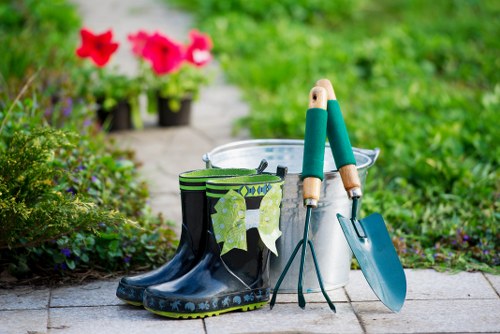
Sudbury experiences a humid continental climate, characterized by cold, snowy winters and warm summers. The average temperature ranges from -10°C in winter to 25°C in summer, providing a distinct growing season.
The long daylight hours in the summer months allow plants to thrive, while the shorter days in winter require gardeners to plan accordingly. Frost dates and seasonal changes play a significant role in planting schedules and garden maintenance.
Rainfall is evenly distributed throughout the year, with an average of 800 millimeters annually. Proper drainage and soil management are essential to prevent waterlogging and ensure healthy plant growth.
Soil Composition and Management
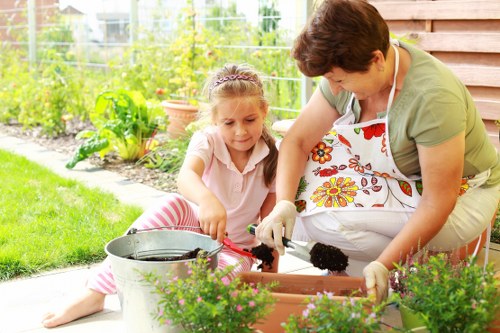
The soil in Sudbury is predominantly acidic, rich in minerals due to the region's mining history. While this can be beneficial for certain plants, it may pose challenges for those that prefer neutral or alkaline conditions.
Testing soil pH is the first step in effective garden planning. Amendments such as lime or sulfur can be used to adjust pH levels, creating a more suitable environment for a broader range of plants.
Organic matter, including compost and mulch, enhances soil structure, improves nutrient availability, and retains moisture. Regularly incorporating these materials into garden beds supports sustainable plant growth.
Choosing the Right Plants
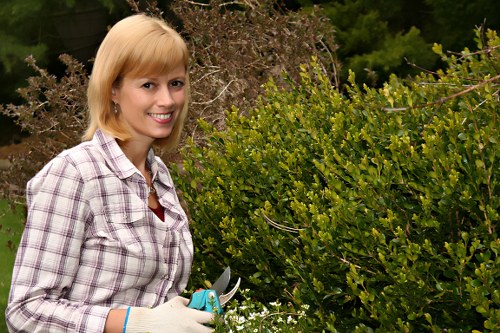
Selecting plants that are well-suited to Sudbury's climate and soil conditions is essential for a successful garden. Native species are often the best choice, as they are adapted to the local environment and require less maintenance.
Flowers such as coneflowers, black-eyed Susans, and lilies thrive in Sudbury's summers, providing vibrant colors and attracting pollinators. For vegetable gardens, tomatoes, peppers, and beans are popular choices that perform well in the region.
Deciduous trees and shrubs, including maples and birches, add structure and shade to gardens, while evergreens provide year-round interest. Understanding the growth habits and requirements of each plant ensures a balanced and healthy garden ecosystem.
Seasonal Gardening Tips

Effective gardening in Sudbury requires adapting to the seasonal changes. In spring, preparing beds, planting cool-season crops, and pruning trees set the stage for a productive year.
Summer care focuses on regular watering, pest management, and harvesting mature plants. Mulching helps conserve moisture and regulate soil temperature during the hot months.
As autumn approaches, gardeners should clean up debris, plant perennials, and protect sensitive plants from the upcoming cold. Proper winterization techniques, such as covering beds and storing tools, ensure that gardens remain healthy through the frost.
Local Resources for Gardeners
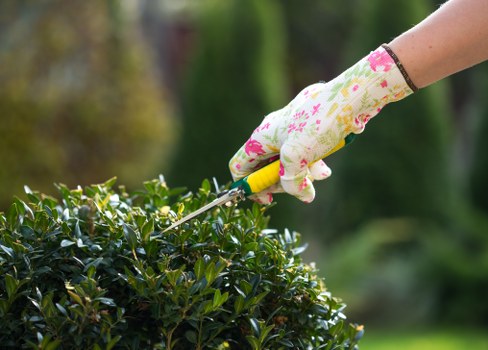
Sudbury offers a variety of resources to support local gardeners. Community gardens provide shared spaces for planting and collaboration, while local nurseries supply a wide range of plants and gardening supplies tailored to the region's needs.
Extension services and gardening clubs offer workshops, seminars, and hands-on training, fostering knowledge exchange and community engagement. These resources are invaluable for both novice and experienced gardeners seeking to enhance their skills.
Additionally, online forums and social media groups connect Sudbury gardeners, allowing them to share tips, successes, and challenges. Leveraging these platforms can lead to a more connected and supportive gardening community.
Gardening Services in Sudbury
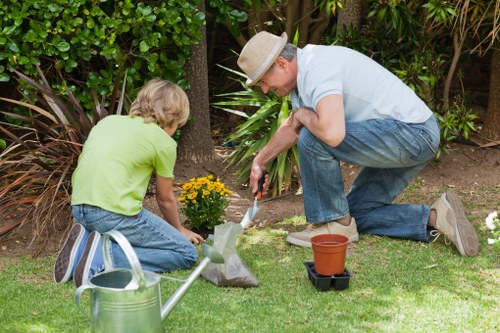
Professional gardening services in Sudbury cater to a wide range of needs, from landscape design and installation to ongoing maintenance and landscaping. These services help homeowners create and maintain beautiful, functional outdoor spaces.
Services often include soil analysis, plant selection advice, irrigation system installation, and pest management. Experienced gardeners understand the local conditions and can tailor their services to meet specific client requirements.
Investing in professional gardening services not only saves time and effort but also ensures that gardens are optimized for health and aesthetics. This partnership can lead to long-lasting, vibrant landscapes that enhance property value and personal enjoyment.
Eco-Friendly Gardening Practices

Embracing eco-friendly gardening practices in Sudbury contributes to environmental sustainability and promotes a healthier ecosystem. Techniques such as composting, rainwater harvesting, and using native plants reduce the ecological footprint of gardening activities.
Composting kitchen and garden waste recycles nutrients back into the soil, improving its fertility and structure. Rainwater harvesting systems capture and store water for irrigation, conserving this vital resource and reducing dependency on municipal water supplies.
Incorporating native plants supports local wildlife, providing habitats for pollinators, birds, and beneficial insects. These practices create a balanced and resilient garden that thrives in harmony with nature.
Community and Gardening in Sudbury

Gardening in Sudbury fosters a sense of community and connection among residents. Community gardens serve as gathering places where individuals can collaborate, share resources, and celebrate the fruits of their labor.
Local events, such as garden tours, plant sales, and workshops, engage the community and promote gardening as a recreational and educational activity. These events encourage participation and inspire others to cultivate their green spaces.
Furthermore, gardening initiatives can play a role in beautifying public spaces, enhancing the aesthetic appeal of neighborhoods, and contributing to the overall quality of life in Sudbury.
Challenges Faced by Sudbury Gardeners
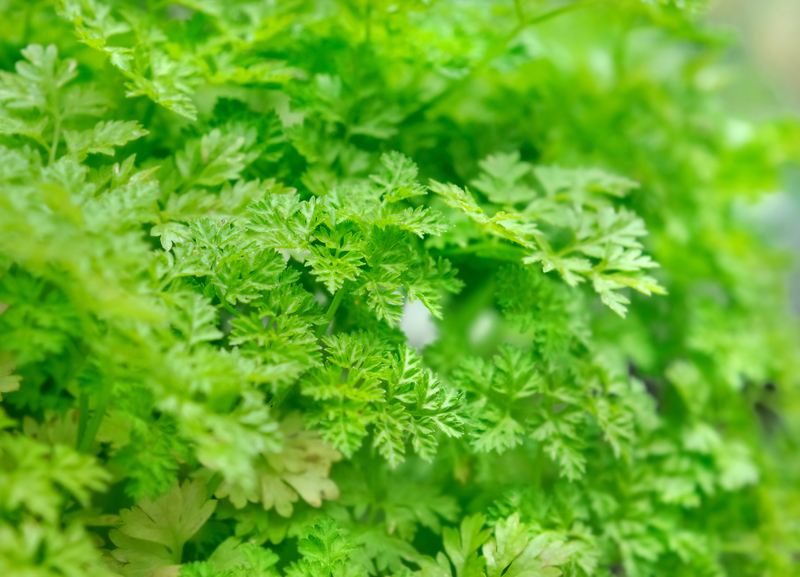
Despite the many rewards, gardening in Sudbury comes with its set of challenges. Harsh winters, short growing seasons, and soil acidity are common hurdles that gardeners must navigate.
Pest management is another concern, as certain insects and diseases can affect plant health. Implementing integrated pest management strategies helps mitigate these issues while minimizing environmental impact.
Access to quality gardening resources and information can also be limited. However, leveraging local expertise and community networks can help overcome these obstacles and support successful gardening endeavors.
Innovative Gardening Solutions
Innovative gardening solutions are emerging in Sudbury, addressing local challenges and enhancing gardening practices. Greenhouses and raised beds extend the growing season, allowing for earlier planting and protection from harsh weather.
Hydroponic and vertical gardening systems offer efficient space utilization, ideal for urban environments and limited space areas. These methods promote sustainable practices and enable year-round cultivation.
Smart gardening technologies, such as automated irrigation systems and soil sensors, optimize resource usage and improve plant monitoring. Embracing these innovations can lead to more efficient and productive gardens.
Gardening for Health and Well-being
Engaging in gardening activities in Sudbury offers numerous health benefits, including physical exercise, stress reduction, and improved mental well-being. The act of gardening promotes relaxation and provides a sense of accomplishment.
Physical tasks such as digging, planting, and weeding contribute to overall fitness, while exposure to outdoor environments enhances mood and reduces anxiety. Gardening also encourages mindfulness and a deeper connection with nature.
Moreover, growing your own food fosters healthier eating habits and a greater appreciation for fresh, organic produce. These benefits collectively contribute to a healthier and more fulfilling lifestyle.
Top Nearby Areas to Sudbury for Gardeners
Sudbury is surrounded by several charming areas that offer additional gardening opportunities and resources. Here are some of the top nearby areas for gardeners:
- Cobalt - Located approximately 50 kilometers east of Sudbury, Cobalt is known for its rich soil and vibrant community gardens.
- Flour Mill - Just 25 kilometers west, Flour Mill boasts numerous nurseries and plant shops catering to local gardeners.
- Capreol - Situated about 30 kilometers south, Capreol offers beautiful parks and green spaces ideal for gardening enthusiasts.
- Chapel Valley - A short 20-kilometer drive, Chapel Valley is renowned for its horticultural events and workshops.
- Val Caron - Approximately 35 kilometers northeast, Val Caron features extensive gardens and nature trails.
- Swastika - Located 40 kilometers northwest, Swastika provides ample opportunities for landscape design and outdoor projects.
- Mazinaw - Just 15 kilometers southeast, Mazinaw is a hub for local plants and sustainable gardening practices.
- Coniston - About 45 kilometers southwest, Coniston is famous for its flower festivals and community garden initiatives.
- Hawkes - Situated 55 kilometers east, Hawkes offers specialized gardening services and expert advice.
- St. Charles - Roughly 60 kilometers north, St. Charles is known for its organic gardens and eco-friendly gardening solutions.
Conclusion
Gardening in Sudbury is a rewarding endeavor that combines the beauty of nature with the satisfaction of cultivating your own green space. By understanding the local climate, soil conditions, and available resources, gardeners can create thriving landscapes that enhance their lives and the community.
Embracing both traditional and innovative gardening practices ensures that gardens remain resilient and vibrant throughout the seasons. Whether you're tending to a small balcony garden or managing a large backyard, the principles of sustainable and mindful gardening can lead to lasting success.
As Sudbury continues to grow, so does its gardening community. By sharing knowledge, supporting one another, and celebrating the joys of gardening, residents can cultivate not only plants but also a stronger, more connected community.
Frequently Asked Questions
1. What are the best plants for Sudbury's climate?
Answer: Plants that thrive in Sudbury's humid continental climate include native species like coneflowers, black-eyed Susans, and lilies. For vegetable gardens, tomatoes, peppers, and beans are excellent choices. Additionally, deciduous trees such as maples and birches adapt well to the local conditions.
2. How can I improve the acidity of Sudbury's soil?
Answer: To adjust soil acidity, you can add lime to raise the pH or sulfur to lower it, depending on your garden's needs. Regular soil testing will help determine the appropriate amendments. Incorporating organic matter like compost also enhances soil structure and nutrient availability.
3. Are there any local gardening clubs or organizations in Sudbury?
Answer: Yes, Sudbury has several gardening clubs and organizations that offer workshops, seminars, and community gardening opportunities. These groups provide valuable resources and foster a sense of community among local gardeners.
4. What are some eco-friendly gardening practices I can adopt in Sudbury?
Answer: Eco-friendly practices include composting garden and kitchen waste, rainwater harvesting for irrigation, using native plants to support local wildlife, and implementing integrated pest management to reduce chemical use. These practices promote sustainability and a healthier garden ecosystem.
5. How can I extend my growing season in Sudbury?
Answer: To extend your growing season, consider using greenhouses or cold frames to protect plants from early frosts and late freezes. Raised beds and row covers can also help warm the soil and air around plants, allowing for earlier planting and prolonged growth periods.

